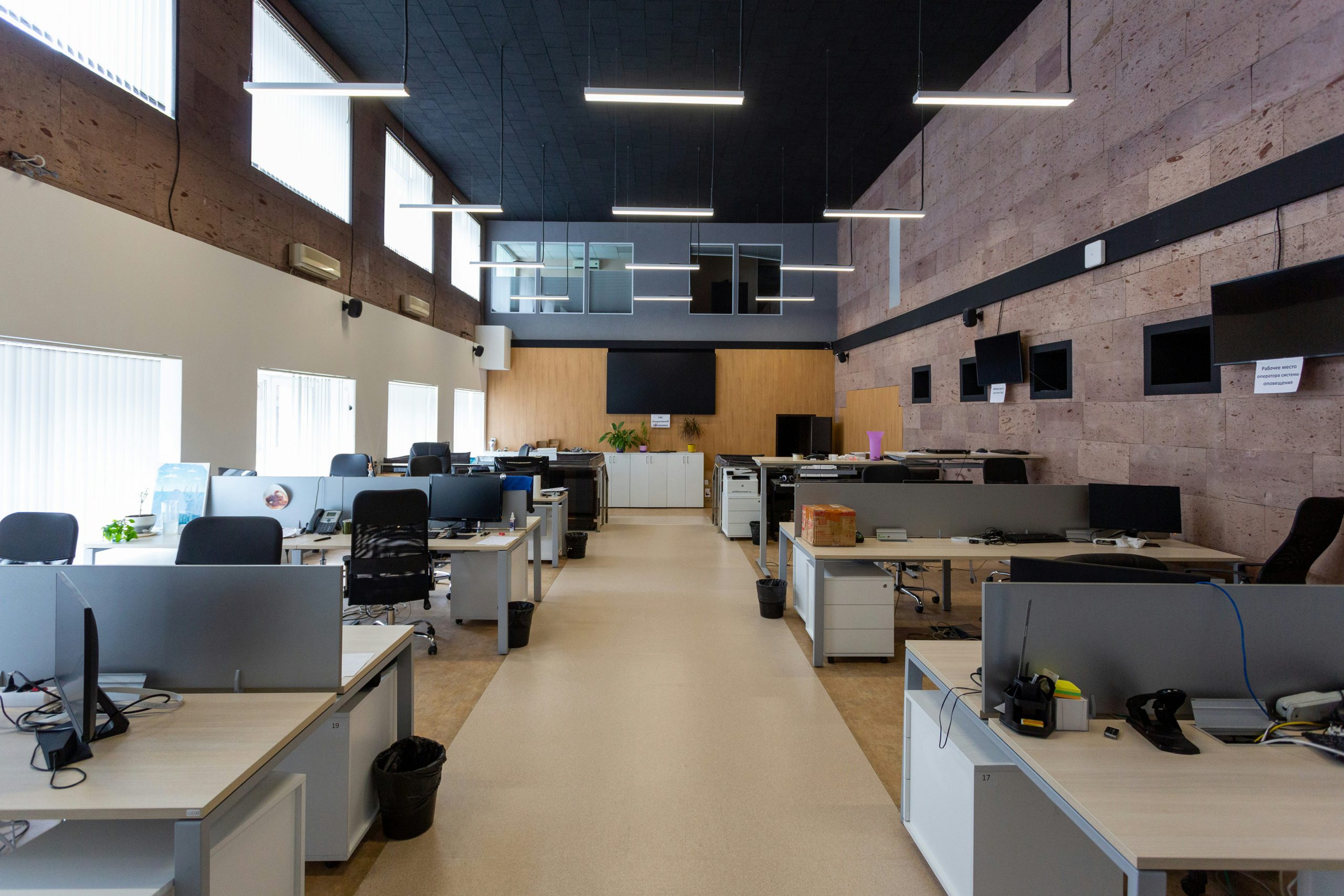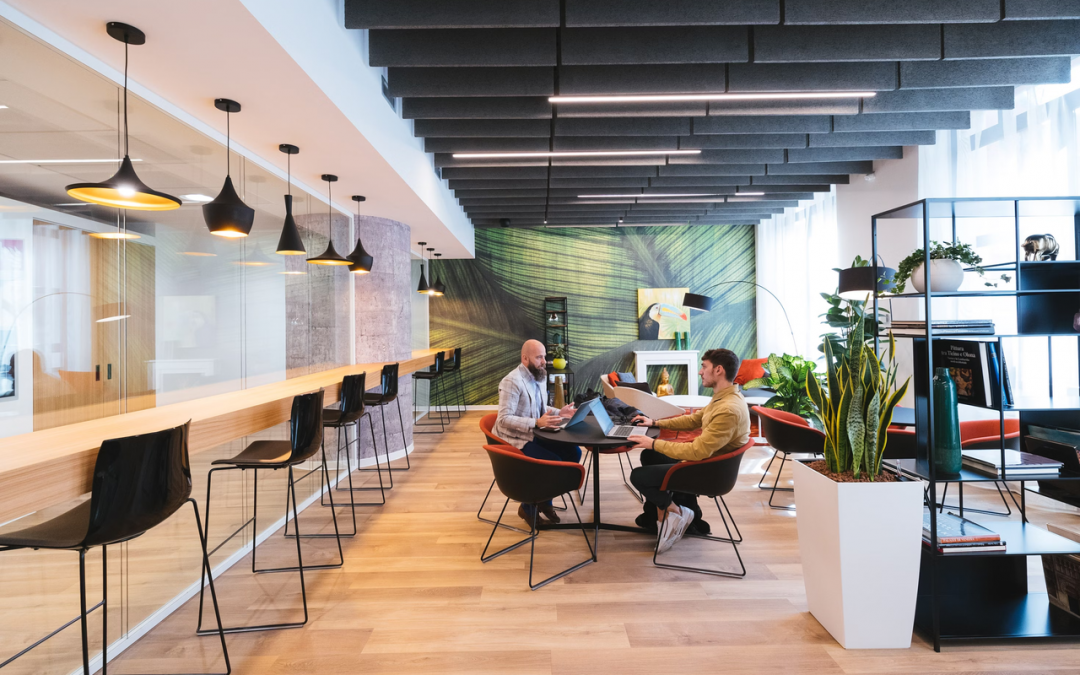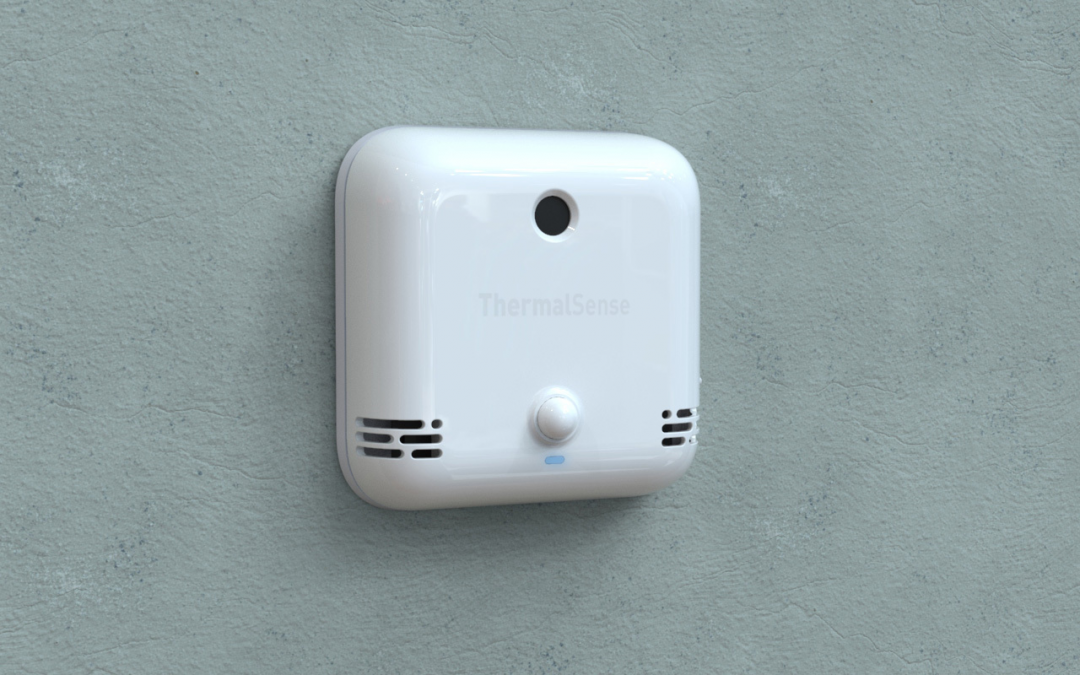As hybrid work becomes the new standard, companies are rethinking how office space is used. One of the most significant shifts has been the rise of desk booking systems—tools that have gone from optional conveniences to critical infrastructure. Their evolution reflects broader changes in how we approach workspace management and employee flexibility.
For IT managers, HR professionals, and operations teams, understanding the history and advancements of desk booking technology is key to supporting an agile, productive workforce.
The Rise of Desk Booking
In traditional office setups, assigned seating was the norm. Everyone had a fixed desk, and space planning was done annually at best. But this model started to crack as businesses grew, adopted open offices, and eventually moved toward more flexible work arrangements.
Initially, desk sharing was managed manually—via spreadsheets, shared calendars, or whiteboards. These early efforts were error-prone and lacked visibility, often leading to double bookings and frustration.
Then came the need for real-time solutions. The COVID-19 pandemic accelerated hybrid work adoption, and organizations had to rethink space usage overnight. Desk booking systems quickly became essential for managing employee flow, ensuring safe distancing, and supporting remote schedules.
Features of Modern Systems
Today’s desk booking platforms are smarter, faster, and deeply integrated into broader hybrid work solutions. The best systems offer:
1. Interactive Floor Plans
Users can view real-time layouts and select specific desks based on location, amenities, or proximity to teammates.
2. Mobile Access
Modern platforms support mobile apps, allowing employees to book desks on the go, whether at home or commuting.
3. Calendar Integration
Seamless syncing with Outlook or Google Calendar ensures availability is aligned with meetings and schedules.
4. Check-In/Check-Out Functionality
Automatic or manual check-ins prevent no-shows and enable workspace management teams to track usage accurately.
5. Data-Driven Insights
Analytics dashboards show occupancy trends, booking patterns, and space utilization, helping teams adjust layouts and reduce waste.
Benefits for Hybrid Workforces
Advanced desk booking systems offer more than convenience—they actively support hybrid work in several ways:
-
- Flexibility for Employees Empower staff to choose where and when they work, increasing autonomy and satisfaction.
-
- Optimized Space Use Avoid wasted resources by using real occupancy data to scale space needs in real time.
-
- Better Collaboration Enable teams to coordinate in-office days and sit near one another with location-based booking.
-
- Health and Safety Compliance Support distancing policies, contact tracing, and office capacity controls when needed.
-
- Cost Efficiency Reduce the need for excess space and facilities, ultimately lowering overhead expenses.
Conclusion: Smarter Desk Booking Starts Here
The evolution of desk booking systems mirrors the workplace’s shift toward flexibility and efficiency. What began as a simple tool is now a vital part of any hybrid work strategy.
Ready to modernize your office with intuitive workspace management tools?
👉 Explore ProSpace’s desk booking solution and see how it transforms the way your team works.





